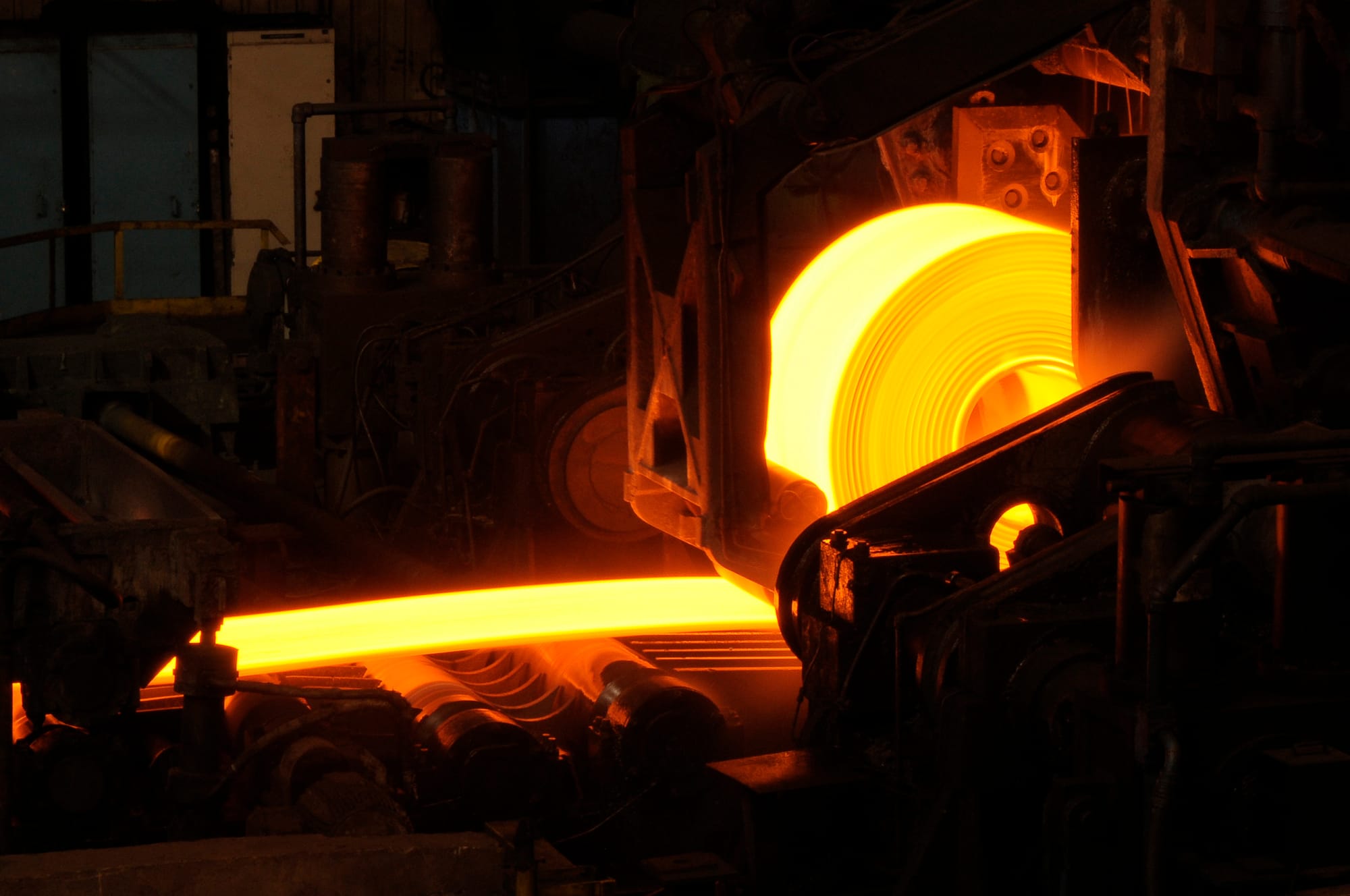New report: UK industrial electricity still uncompetitive, steel industry sets out plan to fix it

15 September 2025
Today, UK Steel publishes new industrial electricity price data revealing that Britain’s steelmakers still face significantly higher power costs than their European competitors despite Government moves to tackle the problem, which undermines competitiveness and investment.
New data shows that in 2025/26 UK steel producers will pay up to 25% more for electricity than in France and Germany, resulting in an additional £26 million in costs per year.
With the steel industry investing in new electric arc furnaces to further its shift to electrification, competitive electricity prices will be critical to its competitiveness, long-term success, and its long-term survival. Electricity is a fundamental input to steel production.
The industry report sets out a clear pathway to close this gap:
- Introduce two-way Contracts for Difference (CfDs) for wholesale electricity, aligning UK industrial power prices with those in France and Germany, as recommended by independent consultancy Baringa.
- Ensure the uplift to 90% compensation for network charges is backdated to April 2025, avoiding another year of excessive costs for UK producers.
Gareth Stace, Director-General at UK Steel, said:
The Government has already taken steps to tackle uncompetitive industrial power prices, which have been greatly welcomed by the industry. However, our report shows that Britain’s steelmakers are still paying millions more for electricity than our European competitors.
“The UK steel industry has a hand tied behind its back as it faces electricity prices up to 25% higher than its European competitors, let alone its global counterparts. Uncompetitive power prices pose a threat to jobs, future investment, and our Net Zero ambitions. Our report shows there is now a straightforward solution with a two-way CfD mechanism and swift backdating of network charge relief, the Government can finally eliminate the disparity in industrial electricity prices.
“The prize is enormous. By securing competitive power prices, the UK can build a modern, low-carbon steel industry that underpins growth in clean energy, infrastructure, and manufacturing for decades to come.”
About the Closing the Power Price Gap: Securing the Future of UK Steel report:
- The average price faced by UK steelmakers for 2025/26 is £59.48/MWh compared to the German price of £52.04/MWh and the French price of £47.76/MWh. This indicates a price disparity of £7-12/MWh, meaning the industry will pay 14-25% more for their electricity than European competitors.
- This calculation even assumes that the announced uplift to Network Charging Compensation (NCC) to 90% is backdated to April 2025.
- The primary driver of the price disparity is now wholesale electricity costs, which are largely driven by the UK’s reliance on natural gas for power generation. Further reforms are needed to reduce wholesale electricity prices for the steel industry, such as a two-way Contracts for Difference (CfDs) for wholesale electricity, as recommended by independent consultancy Baringa.
- Steel production is incredibly electro-intensive, and power costs can represent up to 180% of steel producers’ Gross Value Added (GVA) in the UK. With a switch to electric arc furnaces, it is expected that the sector’s electricity consumption will roughly double.
- In the Industrial Strategy, the Government has increased compensation for network charges to 90%, in line with European competitors, following recommendations from UK Steel. UK Steel estimated that this will reduce power prices by approximately £6.5/MWh and save the steel industry £14.5 million per year.
- Currently, the UK steel industry’s electricity use is equivalent to that of 800,000 homes, and an electric arc furnace uses approximately 0.5 MWh of electricity per tonne of steel.
- The Labour Government stated in its manifesto that “British industry is also held back by high electricity costs, which has often made investing here uncompetitive. Labour’s clean energy mission will drive down those bills, making British businesses internationally competitive [...]”.